Topic: Markets
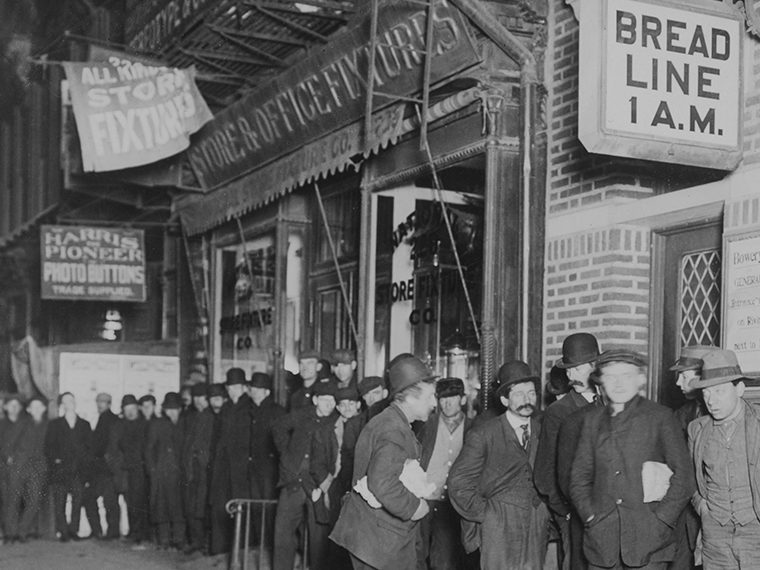
What Makes a True Financial Crisis?
Data back to 1870 show similarities in the worst banking system shocks — focusing on loose lending before a meltdown

Fairness in the Allocation of Scarce Goods and Services
As alternative pricing schemes proliferate, researchers examine beliefs about their fairness

Rethinking Buy-and-Hold Investing
The case for using rising market volatility as a signal to pare back on stocks — does higher risk always mean higher return?

A Tool for Finding Mispriced Stocks
Less sophisticated investors reveal their sentiment in certain trades, and a 20-year study measures it company by company
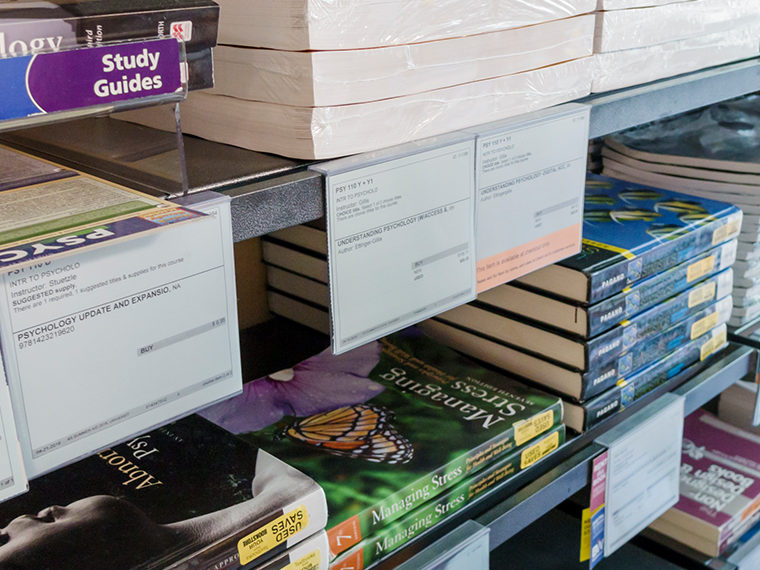
Is Anyone Happy about the College Textbook Market?
Buyers find the tomes heavy, costly and too frequently revised, while sellers might like to kill the used book market entirely

At Last, the Momentum Investing Puzzle Solved?
The simplest explanation — “I can’t believe you know something I don’t” — may trump all the rest

Does Better Corporate Disclosure Boost Markets?
Stronger financial reporting standards seem to mean more for growth of countries’ credit markets than their stock markets

One European Country Defaults: How Hard-Hit Is the Euro?
A predictive model employs credit default swaps across currencies
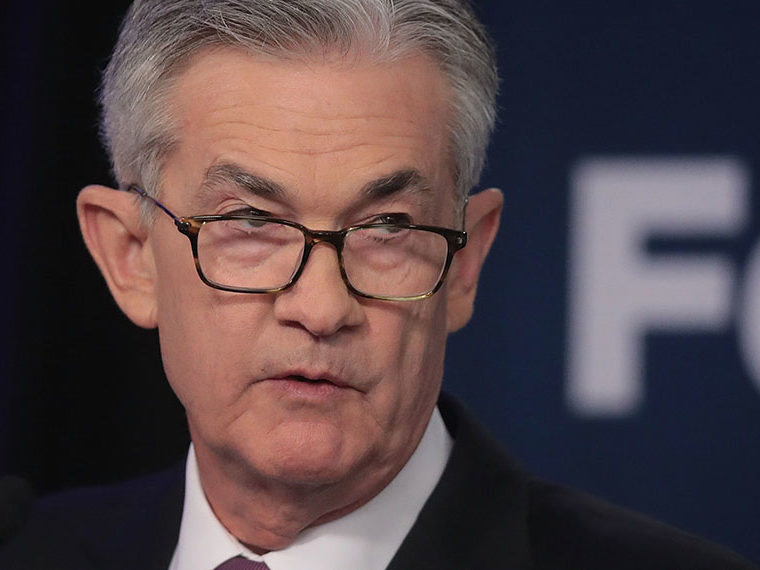
Corporate Bond Market Meltdown Averted after Fed Action
Decade-old bank-risk limits may have exacerbated liquidity problems

Out of the 1990s Asian Crisis, a New Bond Market Rises
Local currency sovereign bonds transfer risk from issuer to buyer

Market Bubbles Aren’t Entirely Irrational Exuberance
A model examines the relationships between innovation, speculation and market values

Borrowings Suggest Small Company Owners Face Higher Risk
Analysis uses business credit card loans to gauge market perception

Separating Auditing from Consulting: More Complex than it Seems
Market concentration, price and quality drive choice of firms
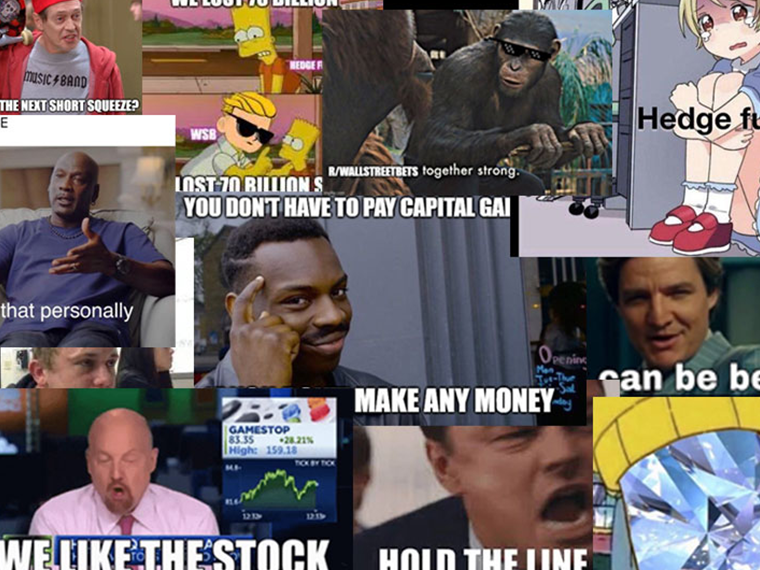
Often Reviled, Short Sellers Are Newly Vulnerable to the Meme Mob
A short squeeze can ripple across short sellers’ positions
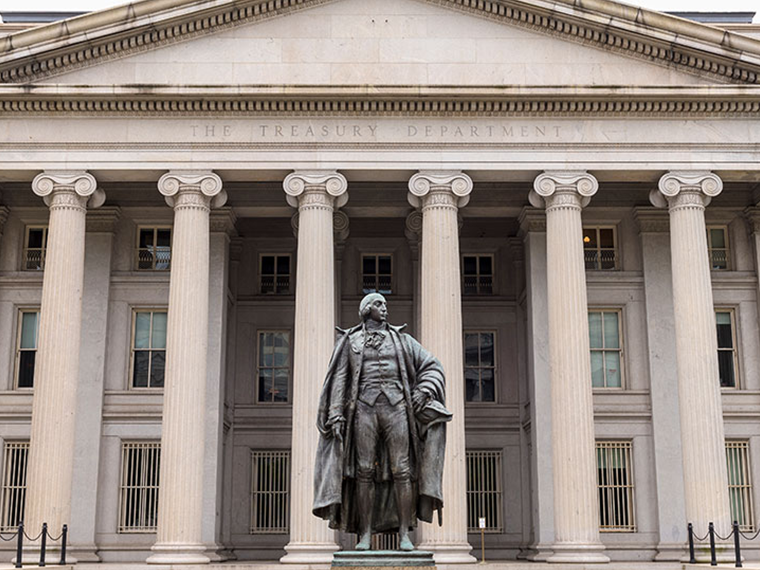
Treasury Securities Are Actually Cheap Sometimes
They don’t trade at an absolute equal to intrinsic value, despite their image as the world’s investment bedrock

When Financial Intermediaries Sneeze, These Assets Catch a Cold
Some investment vehicles are more reliant than others on the health of trading firms